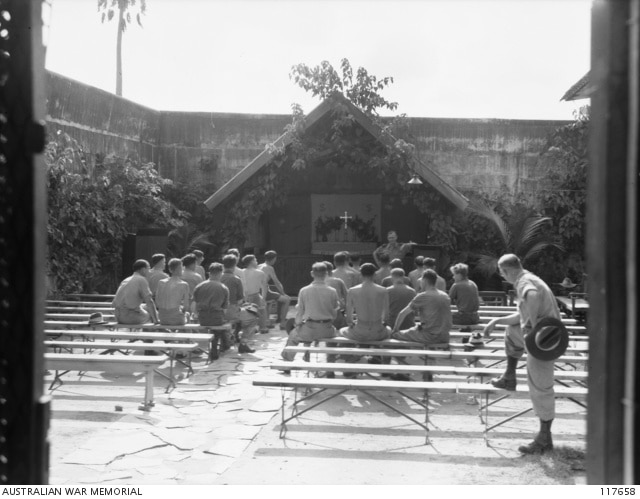
Dr Billy Graham was called home to the Lord in February this year. This interview, conducted while he was in Singapore for his Crusade in December 1978 and published in IMPACT Magazine’s February/March 1979 issue, gave insight to his thoughts on this country, social concerns and his own ministry.
Have you formed any impressions of the spiritual climate of Singapore since your arrival?
GRAHAM: My immediate and superficial observations are that it is a clean country with a great civic pride. There seems to be a sense of purpose. There is an industriousness among the people that you do not see everywhere.
I also sense that it is a cultural melting pot. It seems that people from various ethnic and religious backgrounds have a high regard for each other and a great tolerance toward each other.
Every Christian should be a humanitarian, helping needy and oppressed people wherever he finds them.
I have also sensed that Christians have not only great freedom but great influence in every phase of Singapore life. I have also felt that the majority of the churches are now evangelical, which is a great change from a few years ago. I have been impressed with the zeal of the Christians I have met here.
To what extent should Christians be involved in social projects such as giving financial aid to refugees without making the preaching of the gospel a condition for assistance?
GRAHAM: I most certainly believe that Christians have a responsibility to help with the social needs everywhere, particularly to fellow Christians. Certainly our Lord set us an example in this area, as did the disciples. While priorities should be fellow Christians, yet we have the responsibility to all of humanity.
Every Christian should be a humanitarian, helping needy and oppressed people wherever he finds them.
The social problems of our world are now so complex and so interlaced with political problems that many Christians find themselves confused. They want to help but they don’t know how to go about it.
First, we should pray, and then do our best to find out the best and most practical approach in giving them immediate help — but stay away from the political problems involved!
Do you think the Bible is without error or whether its inerrancy is limited to matters of faith and practice?
GRAHAM: My view is that the Bible is without error in its totality. I can’t prove it. I base it on faith. I know some people will object to that. I would also like to say that this does not affect my Christian fellowship with people who hold differing views, providing they hold to the deity of Christ, the Virgin Birth, the Atonement, and the Resurrection — the cardinal doctrines of Christianity. As a matter of fact, some of my closest friends do not hold this high a view of Scripture. But in my judgment, the issue of biblical authority is a growing concern throughout the worldwide Church. It’s a very important issue.
My view is that the Bible is without error in its totality.
I have always believed and preached — since 1949 — the infallibility of Scripture, including the first 11 chapters of Genesis, which are very crucial. I took this position by faith in the summer of 1949 when I was having some doubts. But it changed my ministry. I had a cutting edge to my ministry that I never had before, because I felt that when I was quoting the Scripture I was quoting the very Word of God.
Now there are questions I don’t have answers to. There are certain figures and statistics that I don’t presently know what to do with, but I believe in the truthfulness and integrity of the Bible. In the original autographs, I mean. Obviously, I can’t defend every translation.
But I believe that the only logical conclusion that I can come to is that we either have to accept all of it, or each one of us decides what the Bible is for himself. And that approach brings chaos.
What role does your wife play in your ministry as an evangelist and writer?
GRAHAM: She plays a massive role. Without her, it would have been impossible for me to do the things the Lord has allowed me to do. Her loyalty, her faithfulness, her advice, her counsel, her willingness to take the major share of the responsibility in raising the family so I could travel.
Much of my work in world evangelism has been done at her urging. She is indispensable in my writing, because she is my number one critic.
If you need to retire, what do you intend to do?
GRAHAM: I do not intend to retire from preaching the gospel until physical incapacity or death. I have had many opportunities to do other things. I am sure there are those who hope I will retire soon. But I have no such plans. I intend to preach the gospel as long as I physically can, and as long as the doors are open. This is in God’s hands.
This is an extract of an interview with Dr Billy Graham featured in the February/March 1979 issue of IMPACT Magazine. It has been republished with permission.
We are an independent, non-profit organisation that relies on the generosity of our readers, such as yourself, to continue serving the kingdom. Every dollar donated goes directly back into our editorial coverage.
Would you consider partnering with us in our kingdom work by supporting us financially, either as a one-off donation, or a recurring pledge?
Support Salt&Light


